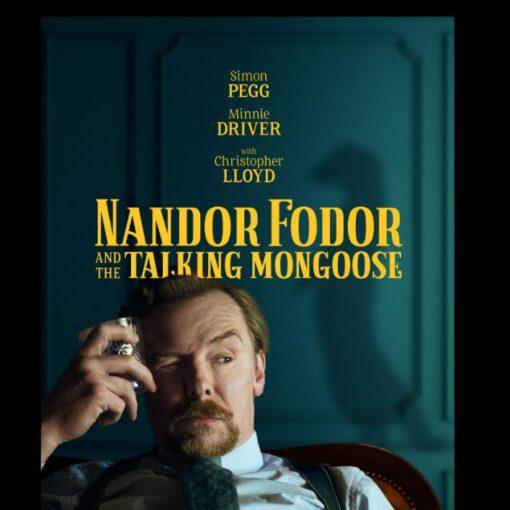
The comedic world is in uproar after Katt Williams reignited a years-old accusation towards Cedric the Entertainer: stealing his best joke. This claim, first made in 2021 and resurfaced on the “Club Shay Shay” podcast, paints a fiery picture of betrayal and creative theft, leaving fans, critics, and comedians themselves grappling with the question: did Cedric steal Katt’s joke?
The joke in question revolves around a driver blasting music in a convertible, mimicking their frustration with the car’s quirks. Williams insists it was his magnum opus, honed with the help of fellow comedian Mark Curry and used as his closing act, even featured in BET’s “Comic View” commercials. He claims Cedric saw him perform it in 1998, only to rehash it two years later as his own on the iconic “Original Kings of Comedy” film.
Cedric vehemently denies these allegations, dismissing them as “revisionist history” and pointing to his extensive career beyond a single joke. He emphasizes that “Kings” showcased his comedic voice and that claiming the entire film rests on stolen material from a rising talent like Williams is simply untrue.
Adding fuel to the fire, a grainy recording of Williams’ original “Comic View” routine has surfaced online, allowing listeners to compare both jokes.
ET Reporter asks Cedric The Entertainer if he’s gonna “stand on business” with Katt Williams on the Red Carpet at Golden Globe Awards 😮pic.twitter.com/wDbo735kWf
— Kollege Kidd (@KollegeKidd) January 8, 2024
While the basic premise is similar, the details and comedic delivery differ significantly. Cedric’s version leans towards space travel with a spaceship replacing the convertible, and his overall tone diverges from Williams’ raw intensity.
However, the similarities remain undeniable, prompting questions about inspiration, imitation, and the blurry lines of comedic influence.
Did Cedric simply riff on a common theme, unknowingly echoing Williams’ work? Or did he deliberately borrow the core joke, tweaking it to fit his style?
Beyond the he-said-she-said, the situation highlights the complex dynamics of stand-up comedy. Jokes flow through the community, evolving and adapting as they pass from stage to stage. Originality becomes a slippery concept, making accusations of theft difficult to substantiate.
Furthermore, the power dynamics within the industry come into play. In 1998, Williams was a budding talent, while Cedric was an established star. Did this disparity influence the situation, perhaps making Williams hesitant to confront Cedric at the time?
Ultimately, the truth may remain murky. While the online court of public opinion weighs in, the real impact lies in the fractured relationship between two talented comedians. The trust and camaraderie essential for collaboration within the community now seem strained, potentially impacting future projects and artistic expression.
Whether Cedric truly stole Katt’s joke is less relevant than the ripple effects it creates. This controversy throws light on the delicate balance between inspiration and plagiarism, the competitive nature of stand-up, and the importance of respect and fair play within the comedic brotherhood. While the laughter continues, the echo of stolen accusations hangs heavy in the air, a reminder of the fragile trust that fuels the art of making people laugh.




